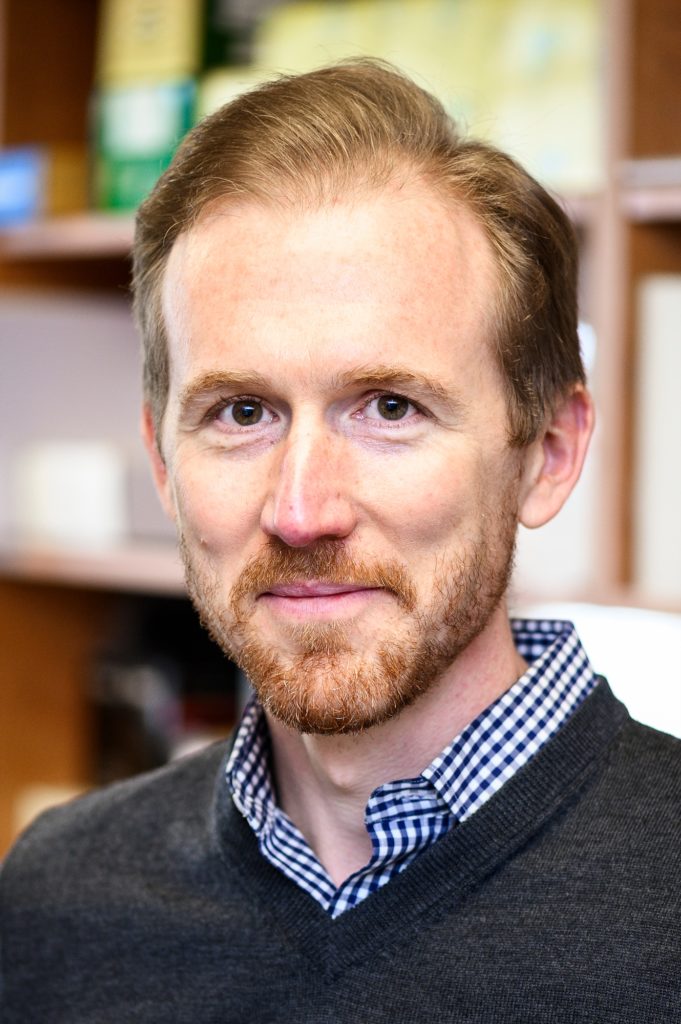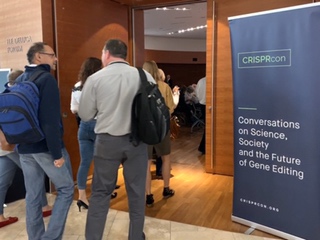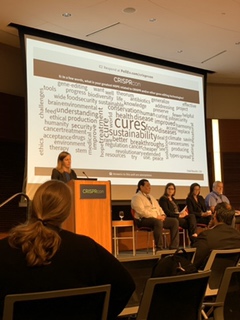Before the respiratory virus SARS-CoV-2 ever emerged, Tom Friedrich was already studying how viruses evolve to cause pandemics. His PhD training focused on how HIV adapts to escape detection by the immune system. Since opening his lab at the University of Wisconsin—Madison in 2008, he’s studied how viruses like influenza and Zika overcome evolutionary barriers to spread and cause disease. For nearly two years, he’s been analyzing viral sequencing data generated from positive COVID-19 test samples around the state of Wisconsin.

As the COVID-19 pandemic persists, Tom continues to make important contributions to both SARS-CoV-2 research and the relevant public health response. However, his experiences have led him to ask an even bigger question: How can we prepare for the next pandemic while still battling the current one?
“What has characterized our responses to these types of disease outbreaks in the past is sort of a boom and bust cycle,” Tom says. “We spin up a massive response that often tends to get going just as the thing itself is petering out. Then interest and funding wane so that we’re not really left with any sustainable infrastructure. But with Ebola, Zika and now COVID-19 in a pretty rapid cadence, I think people are finally getting the idea that we need to have a more sustainable infrastructure that is not totally specific to the particular disease that’s causing this outbreak today.”
Continue reading “Can We Prevent the Next Pandemic?”

